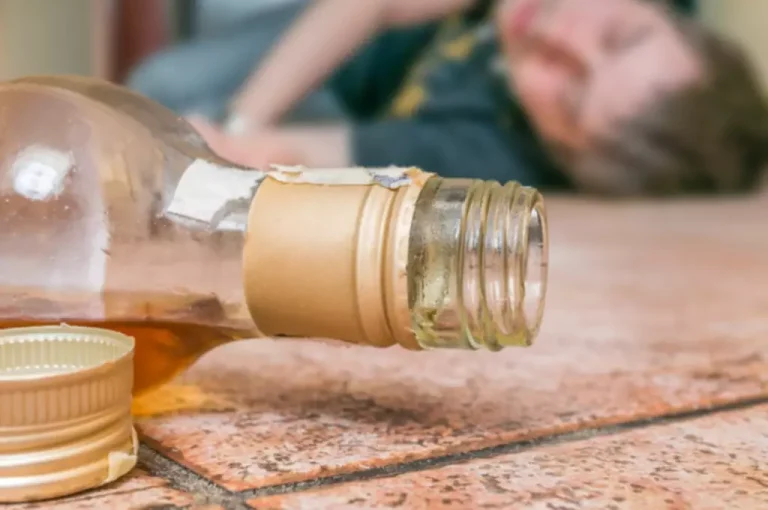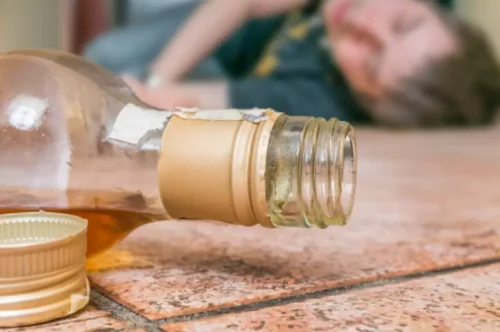
Similar to being more productive, you will also find an abundance of free time. Without the cycle of planning, engaging in, and recovering from drinking activities, hours once dedicated to alcohol become available for other pursuits. Once you embrace sobriety, it can also bring about a transformation not just in how you perceive yourself but also in your physical appearance to others. This contributes to a positive cycle of improved self-esteem and well-being.
How long until we feel better emotionally
This https://ecosoberhouse.com/ leads people to feel like alcohol is a reward, and those who need it will always be on the lookout for more alcohol. These tips will give you the start that you need on your journey to sobriety. Let’s dive into each and give tangible examples to set you up for success.

Sobriety is a Journey, Not a Destination
If you ask most people in recovery what their toughest challenge in life has been, they will often discuss the first few months of their recovery. Or perhaps you had a bad day and managed to handle it in a healthier way, and now you feel really good about that. If I still feel these horrible things in sobriety, something is wrong with ME. “That’s one thing that I’ve learned over the years, is just stay in the moment, stay in the present, appreciate these good things in life because they can all be gone tomorrow,” he said. Further, if you’re caught drinking and driving, you may be charged with a DUI which can result in additional financial burdens.
- After three weeks without drinking, the body has already started to heal.
- Not only does this mean that you will avoid the use of drugs or alcohol, but it can also mean an avoidance of the lifestyles that enable substance abuse.
- You need support, sometimes a program, and almost certainly a good counselor to help you navigate this new sober life.
Soberful Podcast

Residents gradually transition to a more self-reliant lifestyle while receiving guidance when needed. These get replaced by hours reclaimed for hobbies, projects, and personal growth. Weekdays also no longer start with the fog of a hangover which allows for sharper focus, sustained energy, and greater efficiency at work. Also with sobriety, people commonly report feeling more in control and proud of their appearance. This can radiate outward and boost confidence in social situations and personal reflections.
- This enables individuals to express themselves more effectively and establish stronger connections with others.
- The early stages of sobriety can be challenging, both physically and emotionally.
- If you’re still waiting for sobriety to get easier, remember that recovery isn’t about reaching an endpoint; it’s about embracing the journey.
- When you finally get over those first months of early sobriety, you’ll see that you’re not so bad after all.
- These moments remind you of the hard work you’ve done and show that while sobriety might not be “easy,” it has become a natural part of your life.
You can start to discover a newfound capacity to pursue goals and enjoy a more active and fulfilling lifestyle. Without alcohol, the brain starts to heal, gradually restoring the natural function of neurotransmitters responsible for mood regulation. This process doesn’t happen overnight, but many report a significant decrease in their anxiety levels as they continue to live being sober sucks alcohol-free. Give it 30 days to notice feeling a bit better and do as much as you can to support yourself. Some of that will be uncomfortable, but it will always be worth it.

Many people with alcohol use disorder also have other mental health conditions like depression, anxiety, bipolar disorder, or schizophrenia. When you stop drinking and start focusing on your health, you’ll likely start to feel better once your body is properly nourished. In addition to improving your mental well-being, it may lower your risk for some mental illness and contribute to better sleep. Cognitive, emotional, and sleep disturbances can occur at even moderate levels Sober living home of drinking. As one drinks more over time, these disturbances get worse and become more difficult to reverse.
#133 – Episode 133 – When Does Sobriety Get Better?
One of the benefits is improved sleep patterns, leading to a reduction in instances of insomnia. Additionally, staying sober enhances mood stability and emotional well-being, resulting in an overall better quality of life. Personal growth and healing are essential components of a successful recovery journey. This process involves self-improvement, self-awareness, and recovery from emotional or psychological wounds. By focusing on personal growth, you can increase your awareness of your own thoughts, feelings, and behaviors, and develop effective coping strategies to manage cravings and triggers.

Get the sober life you’ve been longing for. Start here:
Addiction often masks deeper emotional or psychological issues like trauma, anxiety, depression, or unresolved grief. In long-term sobriety, it’s important to address these issues head-on, often with the help of a therapist or counselor. By working through the root causes of your addiction, you can reduce the risk of relapse and build a stronger foundation for the future. When you quit drinking, you’ll probably notice that the colds, flu, and other illnesses you always seem to catch happen less often.
